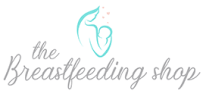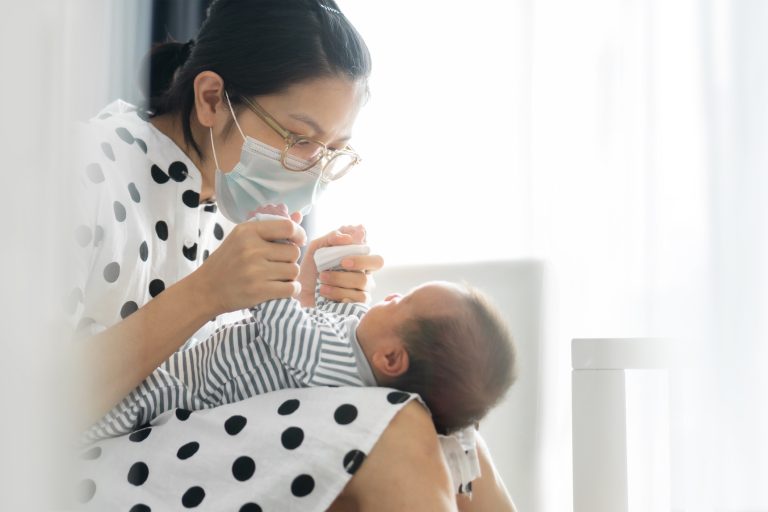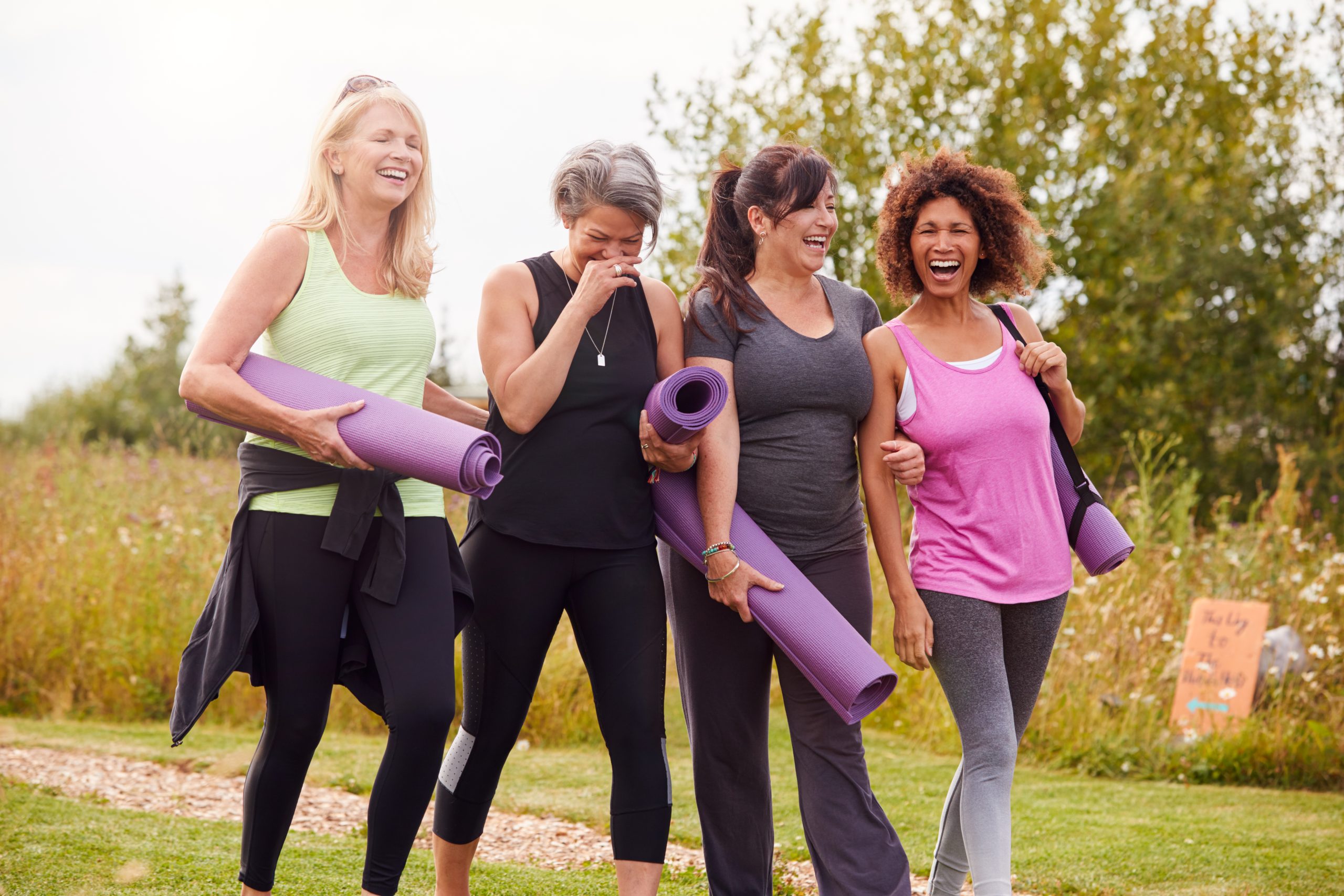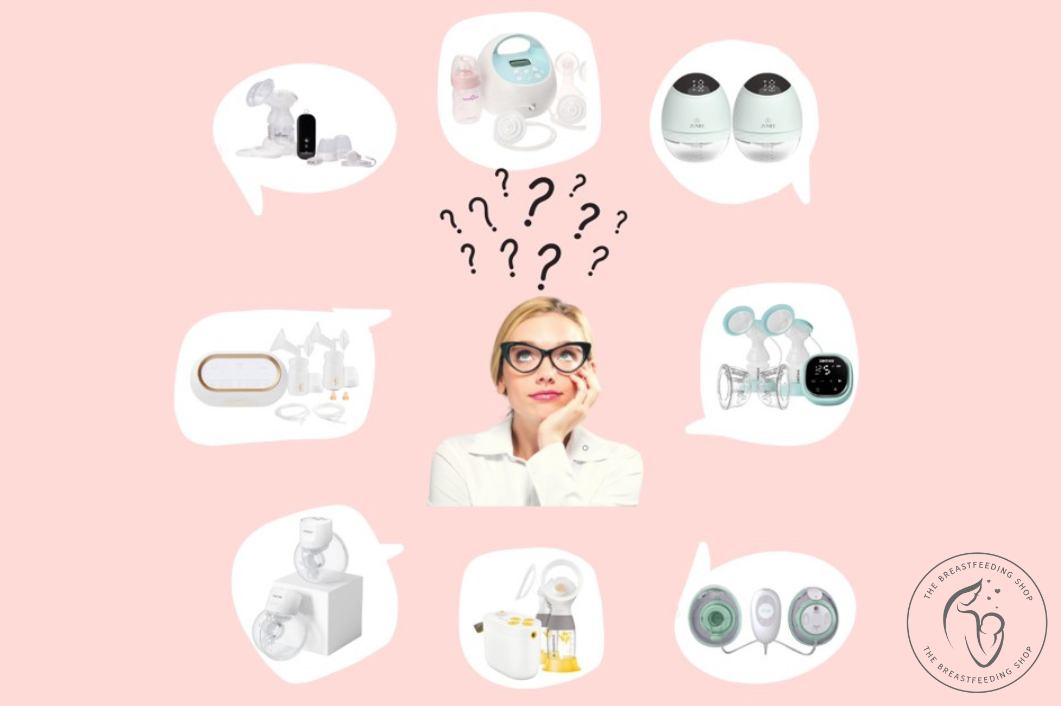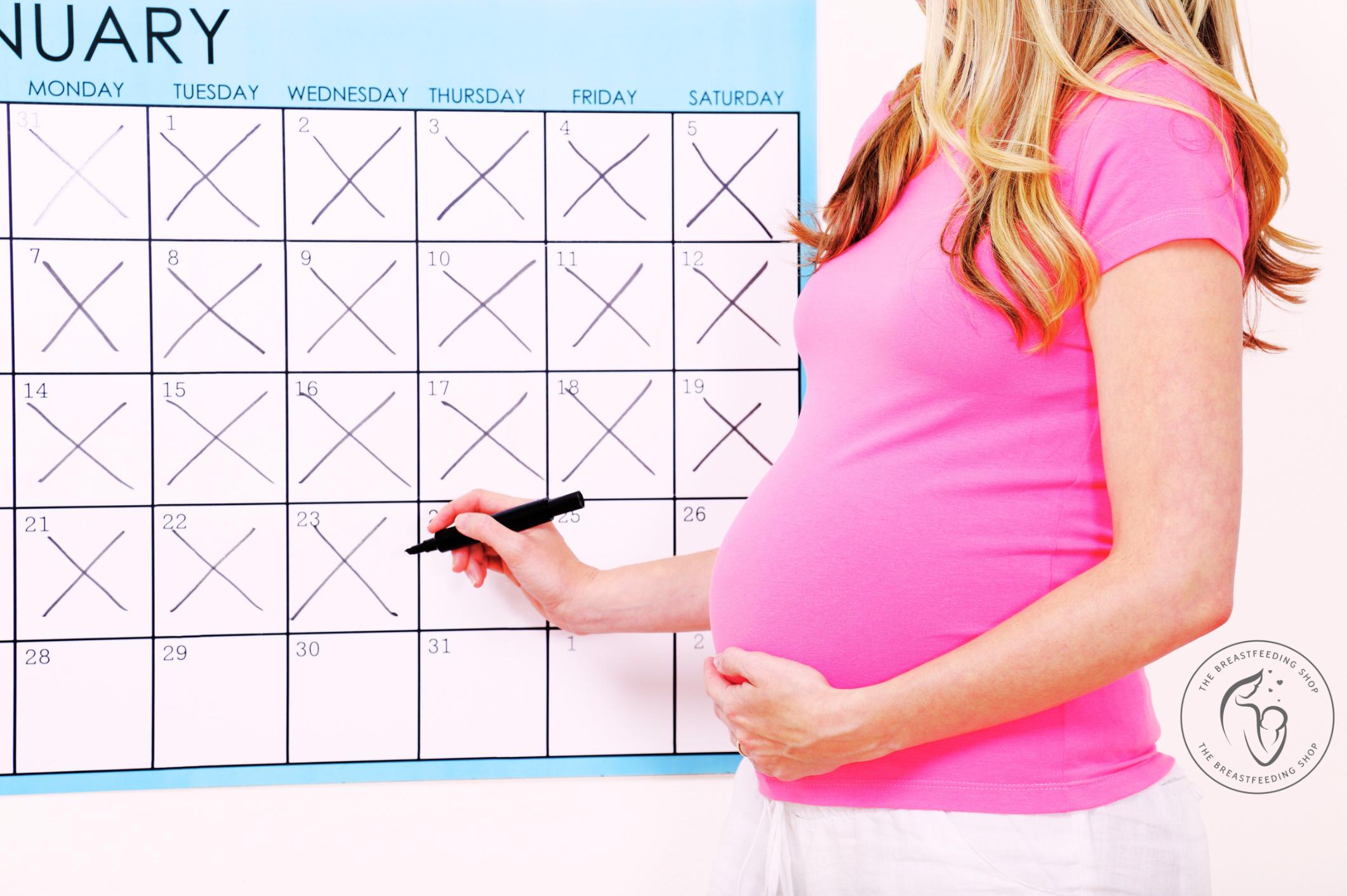As far as we know right now, women who are breastfeeding don’t have any added risk from the coronavirus compared to other healthy adults. However, there are changes in the bodies of pregnant people that can increase the chances of some respiratory infections. Pregnant women should wash their hands regularly and avoid touching their faces. Additionally, they should avoid those who have been exposed to the virus or are experiencing its symptoms. This can include coughing, fever, and feeling tired. During the pregnancy, spreading the coronavirus to your baby is unlikely. But they can become susceptible to it after birth. If you do start to feel the symptoms of COVID-19, you should contact your physician via phone as soon as possible. The World Health Organization (WHO) recommends that pregnant women with COVID-19 symptoms should be prioritized for testing. But protocols will vary depending on where you live.
If you may have the coronavirus disease, it’s crucial that you wear a mask and wash your hands before touching the baby or any part of the breast pump or the bottles. Also, make sure that you wash your hands before expressing milk and thoroughly clean the pump and bottles afterward. If you pump at a table, disinfect that surface before pumping too. Don’t put cleaned pump parts into a sink. They should be left to dry properly on a clean paper towel and then stored in a clean, protected area. Moreover, breastfeeding and the coronavirus is an issue we can work together to beat.
Breastfeeding and COVID-19
A minimal number of babies were found to have contracted the virus shortly after birth. Because breastfeeding provides infants with nutrition and protection from illnesses, you may still want to breastfeed if you’ve contracted the COVID-19 virus. Specialists are saying that if you feel up to it and are taking the proper precautions, it should still be safe for your baby. The studies are still very limited at this point, but experts have studied a similar virus — SARS-CoV. The current coronavirus is not being found in breast milk, and it’s believed that the disease is transmitted through respiratory droplets in coughs or sneezes.
Additionally, breast milk may contain antibodies for COVID-19. Research is inconclusive thus far, but a mother’s milk is known to help protect infants from other viruses, like the common cold. Nursing babies often stay healthy after other family members develop an infectious disease.
Mothers Who Have COVID-19
If you’ve tested positive for COVID-19, you’re probably feeling frightened and overwhelmed. Before making any decisions on this matter, you should speak with your family, your OB/GYN, and your child’s pediatrician. If you decide to express breast milk without feeding the baby directly, you should visit The Breastfeeding Shop. Here you can explore our variety of pumps. We have everything from double pumping machines and hospital-grade pumps to accessories and compression garments that provide support.
When you need help navigating your insurance’s paperwork to get insurance-covered breast pumps, turn to The Breastfeeding Shop. The costs of bringing a newborn into your home can add up quickly, and job security is tough in the current economy. Even if you and your spouse aren’t filing for unemployment, you may have had your work hours scaled back. It’s vital to cut costs where you can in the current climate. Working with a number of insurance agencies, we may also be able to help you get reimbursement for your pump. Our dedicated team might even be able to secure compression socks, maternity support bands, and postpartum recovery garments through your insurance.
Breast Pumping and Social Distancing
Using a breast pump gives you the option to express the milk into a bottle and then hand feeding duties off to a healthy, uninfected person. This will help with social distancing from your baby. We understand that you probably want to hold your child and be near him or her, but you don’t want to put your infant at a higher risk of contracting the disease. Currently, the American Academy of Pediatrics suggests separating the infected mother from the newborn. This separation shouldn’t affect your ability to breastfeed once you’re feeling better. Depending on how soon you want to use the milk, it can be safely stored at room temperature. Or, you can stick it in a refrigerator or in a freezer.
If a mother already has the COVID-19 disease at the time of birth, it’s recommended that she distance herself from the newborn and express milk with a pump machine. Once the virus is out of your system, you should be able to proceed as normal. Even though re-lactation can be difficult, it’s worth it to give it a try. Breastfeeding helps nourish the child, and it brings the baby and mother closer together. If you’re having trouble getting your baby to latch on, you can always continue with breast pumping. Infant formula doesn’t contain the antibodies that breast milk has. If there is a shortage of formula in the upcoming months, it may be too late for you to go back to breastfeeding because of diminished breast milk production.
Other Precautions You Can Take
Usually, solid foods should be added to the baby’s diet at six months. If you’re thinking about weaning your child from breastfeeding during the coronavirus, you may want to hold off on that until the pandemic is over. It can deter your baby from developing other types of infections and ending up in an overcrowded doctor’s office or hospital.
It’s also been suggested that women don’t meet face-to-face with lactation consultants during the pandemic. You could use Skype to talk to them. Or, The Breastfeeding Shop also offers helpful information and accessories for the breastfeeding process. We want new moms to have everything they need to help their infants grow and become healthy toddlers. It is our mission to help you get the pump that meets the needs of you and your child. Check out our helpful breast pump comparison chart. Additionally, we look to educate moms on the benefits of breastfeeding, advocating that it is very healthy for newborns. For more information, get in contact with us today.
